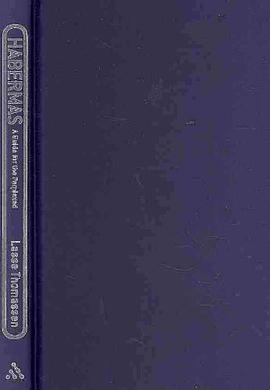

Are there any ethical values and principles that non-religious individuals can live by? In a time when many have forsaken otherworldly religions, what does human life mean? What is its significance? Secular humanism attempts to answer these questions in a way that resonates with human aspirations and the findings of science. In this succinct, engaging overview of the secular humanist perspective, philosopher Paul Kurtz describes the many ways in which secular humanism's scientific, philosophical, and ethical outlook has exerted a profound influence on civilisation from the ancient world to the present. Today many schools of thought broadly identify with humanist ideas and values. But Kurtz suggests that secular humanism is especially suitable for the needs of our increasingly secular world because it rejects supernatural accounts of reality and seeks to optimise the fullness of human life in a naturalistic universe. In tune with the most progressive trends of the contemporary world, secular humanism finds meaning in life here and now and expresses confidence in the power of human beings to solve their problems and conquer uncharted frontiers. Kurtz concludes by emphasising that secular humanism is a bold new paradigm, which weaves together many historical threads, while adding much more that is relevant to our rapidly emerging planetary civilisation.
具体描述
读后感
评分
评分
评分
评分
用户评价
相关图书
本站所有内容均为互联网搜索引擎提供的公开搜索信息,本站不存储任何数据与内容,任何内容与数据均与本站无关,如有需要请联系相关搜索引擎包括但不限于百度,google,bing,sogou 等
© 2025 book.wenda123.org All Rights Reserved. 图书目录大全 版权所有




















